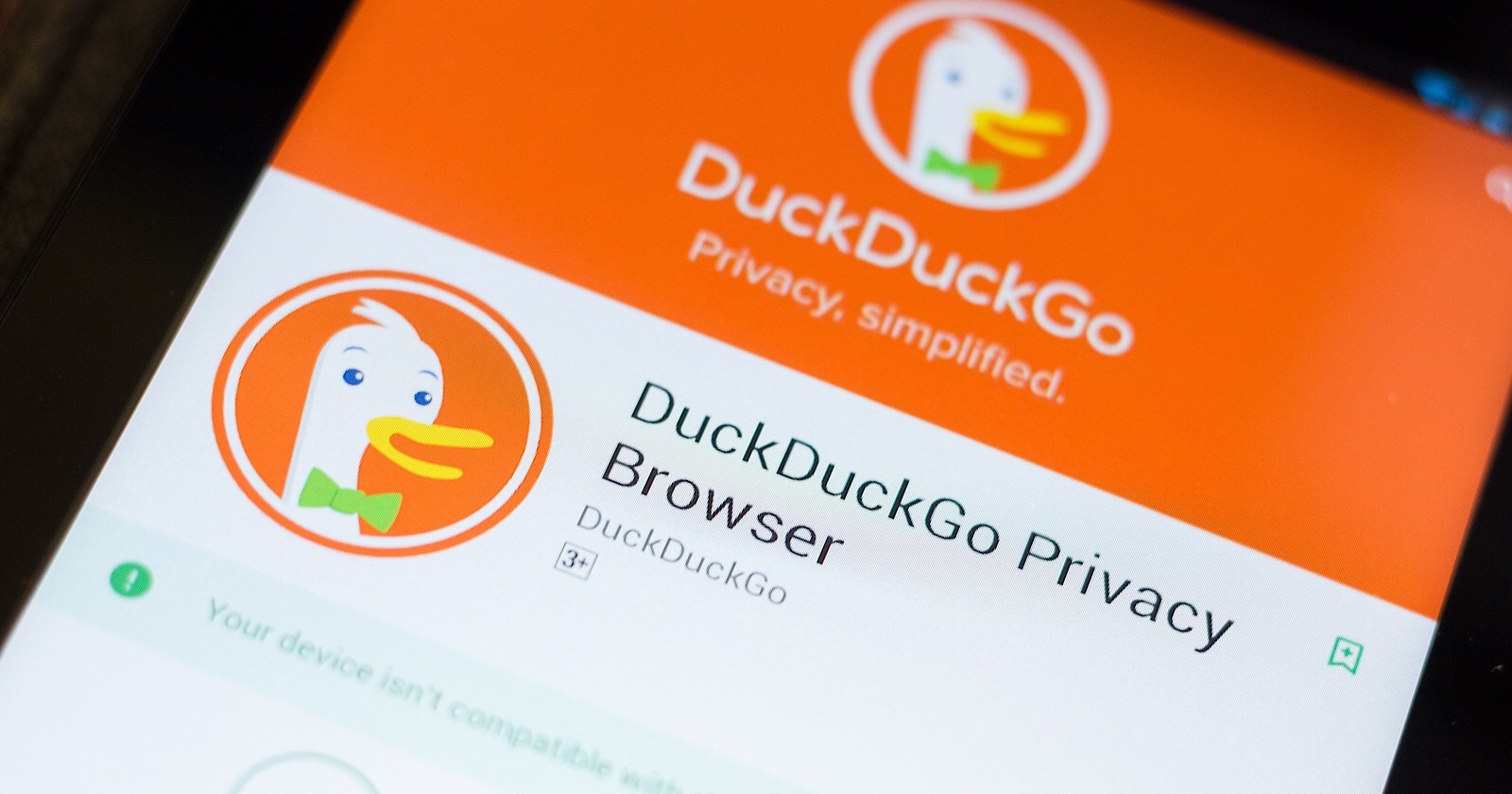On the heels of Google being fined a record-breaking $5 billion by the EU for antitrust violations, search engine DuckDuckGo has voiced its concerns over Google’s search practices.
In a series of tweets from the company’s official Twitter account, DuckDuckGo voiced its support for the EU cracking down on Google’s anti-competitive search behavior.
We welcome the EU cracking down on Google's anti-competitive search behavior. We have felt its effects first hand for many years and has led directly to us having less market share on Android vs iOS and in general mobile vs desktop. A couple examples…https://t.co/0NGtouiqA2
— DuckDuckGo (@DuckDuckGo) July 18, 2018
DuckDuckGo goes on to list the ways in which Google has made it difficult to compete.
Up until just last year, it was impossible to add DuckDuckGo to Chrome on Android, and it is still impossible on Chrome on iOS. We are also not included in the default list of search options like we are in Safari, even though we are among the top search engines in many countries.
— DuckDuckGo (@DuckDuckGo) July 18, 2018
The Google search widget is featured prominently on most Android builds and is impossible to change the search provider. For a long time it was also impossible to even remove this widget without installing a launcher that effectively changed the whole way the OS works.
— DuckDuckGo (@DuckDuckGo) July 18, 2018
Apparently, Google’s anti-competitive search behavior extends beyond the Android operating system.
Their anti-competitive search behavior isn't limited to Android. Every time we update our Chrome browser extension, all of our users are faced with an official-looking dialogue asking them if they'd like to revert their search settings and disable the entire extension.
— DuckDuckGo (@DuckDuckGo) July 18, 2018
When DuckDuckGo updates its Chrome browser extension, the browser displays a message asking if users would like to disable the extension and revert their default search settings back to Google.
It’s understandable why Google asking users to switch search engines is a concern for DuckDuckGo.
Another concern DuckDuckGo has is that Google owns the domain Duck.com, which redirects to the Google home page.
Google also owns https://t.co/ud1YyoqbZ5 and points it directly at Google search, which consistently confuses DuckDuckGo users.
— DuckDuckGo (@DuckDuckGo) July 18, 2018
DuckDuckGo claims this consistently confuses its users.
It would be interesting to see the data on how many users visit Duck.com expecting to reach DuckDuckGo. Although it’s difficult to think of any other reason why Google would register that domain.
Gabriel Weinberg, CEO & Founder of DuckDuckGo, issued the following statement from his own Twitter account.
While a huge punitive fine, Google profited over 32B in 2017. As such any lasting change here will come from changing their behavior going forward, not from this one-time fine.
From a search competitor perspective, we’d like to make it easier for people to switch search engines. https://t.co/9sIiJ82bN0
— Gabriel Weinberg (@yegg) July 18, 2018
Those tweets were published earlier this week when the news first broke about the EU’s fine.
Since then, DuckDuckGo has been consistently throwing shade at Google. Its most recent tweet debunks a “myth” about Google Chrome’s incognito mode.
It is a myth that you can't be tracked online when using Chrome’s “Incognito” mode and Do Not Track setting.
Our Founder & CEO @yegg explains these misconceptions and how DuckDuckGo actually prevents being tracked: https://t.co/8cYixwi2YL
— DuckDuckGo (@DuckDuckGo) July 20, 2018





![[SEO, PPC & Attribution] Unlocking The Power Of Offline Marketing In A Digital World](https://www.searchenginejournal.com/wp-content/uploads/2025/03/sidebar1x-534.png)